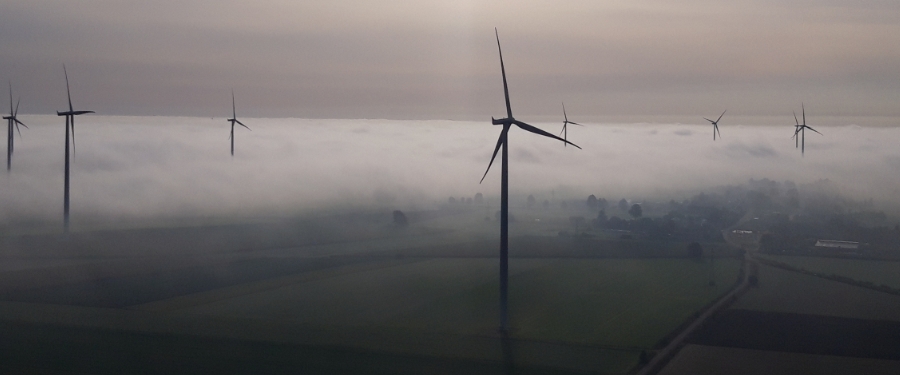The wind energy segment in the first six months of 2017 recorded a decrease of EBITDA compared to the corresponding period of the previous year, which was a result of the lower revenues due to lower prices of green certificates and higher costs associated with property tax, offset by the technical maintenance savings. In the second quarter of 2017 the wind energy segment recorded a 17-percent growth of the results due to the higher volume of production and savings on technical maintenance, whose significant impact was only partly lowered by the fall in green certificate prices and the property tax increase.
The conventional energy segment EBITDA was in line with expectations and lower than last year due to upgrading (in the first quarter of 2016) of forecasts of prices of electrical energy, gas and CO2 for the years 2016–2020. It resulted in a change of allocation of revenues from stranded costs compensation throughout the compensation period, partially offset by higher revenues from gas cost compensation in 2017 due to the higher gas price.
In the first half of the year the trading segment EBITDA was better than last year. It was the valuation of the certificate portfolio that had a significant impact on the results. The index of certificates fell from PLN 108.60/MWh at the end of December 2015 to the level of PLN 69/MWh at the end of June 2016, whereas in 2017 the price of green certificates fell from PLN 37.76/MWh at the end of December 2016 to PLN 22.46/MWh at the end of June 2017. In absolute terms it means a lower fall of prices and translates to a more visible effect of this reduction in the corresponding period in 2016. The decline in market prices of certificates still negatively influences the gained sales prices and causes overestimation of the status of unsold certificates.
The distribution segment EBITDA in the first half of the year was lower than last year, which was mainly due to the release of the reserve for settlements with the contractor in the first quarter of 2016 as well as the lower margin for electrical energy distribution in 2017. Moreover, the biomass segment EBITDA turned out to be lower than last year due to the continuation of lower pellet volumes and sales prices.
As a result of the above-described events, the adjusted EBITDA margin on a year-to-date basis amounted to 6.1 percent and was lower than the last year one by 2.6 pp. The adjusted EBITDA margin (trading activity excluded – this segment is characterized by a minimum unit margin at a very high volume of transactions – sales revenues constituted 80 percent of the Group revenues in the period of six months of 2017) decreased in the discussed period by 7.3 pp to 30.4 percent.

